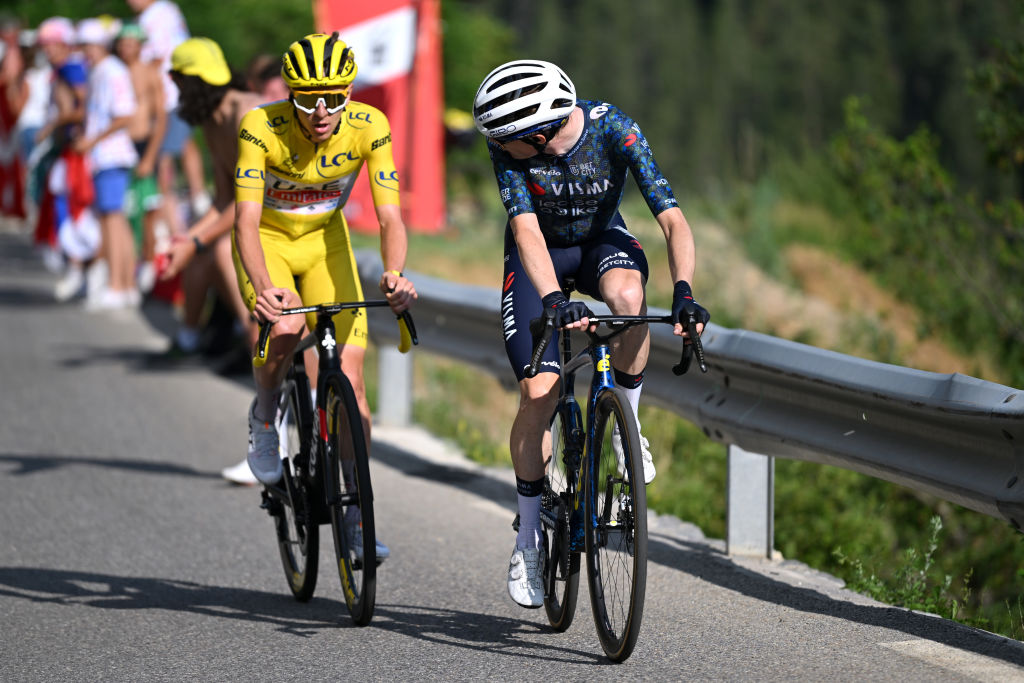
You are probably vaguely aware of the One Cycling project. You are almost certainly no more aware than that because the project itself is vague. It says much about us as a fan community that, despite none of us really knowing what it is, we know that we don’t like it.
As best I can judge, the aims of One Cycling are to use investment from the Middle East to create a closer relationship between teams and races, fight back against what we might call ‘Big Tour’ (the Tour de France and the Giro d'Italia are almost the only races that have enough muscle to turn a profit), create a more ordered calendar and get the best riders to race each other more often all the way through the season.
I don’t really mind most of this, apart from some “sports-washing” doubts. But I also find I’m asking myself this: do we really want the big names to race each other more often?
Cycling is a very physiologically driven sport. There is some luck, there are some tactics, but more often than not it’s about how physically strong an individual rider and their team is. And if I and my friends are stronger than you and your friends in one race, we’re very probably going to be stronger than you in the next one as well.
This is a real problem. All sport relies on a degree of unpredictability for excitement. In its absence you’re left with not a lot more than celebrating other people’s sheer talent, and while that might wash in North America, we’re much meaner of spirit in Europe.
The craving for the unknown is why magazines like this one speculate for weeks about what’s going to happen at big races. It’s why Victorian gentlemen used to place weird bets with each other about (genuine wager here) how long it would take one of their servants to walk 50 miles with a five-gallon jug of wine balanced on their head. It is essential that you don’t know what’s going to happen.
Races used to be able to rely on the wild variations in form that came about from almost unconstrained doping to solve this problem. You could be Eddy Merckx on stage six and Freddie Mercury on stage seven, and we all pretended that was perfectly normal. With doping now somewhat curtailed, modern events, especially Grand Tours, are forever trying to rejig the race to avoid a predictable final few days. Even so, it’s often the case that the final stages just see the boss of the race continue to crush the little people, or just maintain a smug lead while letting the underlings squabble over stages. What this means is that the very best way to suck most of the suspense out of a Tour would be to have the same riders do the Giro, and before that, the full Classics season. At the men’s Tour for example, week one would be the same as week four of a sort of six-week race. Yes, yes, there are some minor details of form and who’s team leader here and there and all that, but fundamentally you’ll know 75% of the score before the game kicks off.
Or here’s another way to look at it – just think how much energy we all devote to trying to decide who is the best rider of all time. The volume of speculation, argument, bad sports science that have been devoted to placing Tadej Pogačar and Marianne Vos in their right places in history. Just think how much less satisfying it would be if you could actually know the answer.
That’s what the ‘make-em-race’ idea might be getting wrong. There are many things we think we want to know, but we are wrong. The less we actually know, the better.







